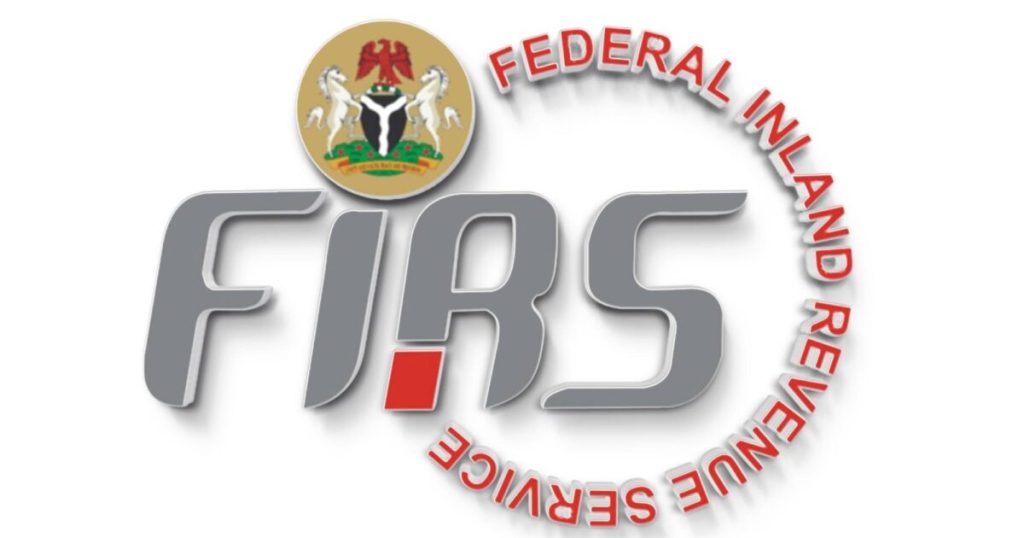Paragraph 1: Introduction of Nigeria’s Electronic Fiscal System (EFS)
Nigeria has embarked on a significant modernization effort in its tax administration with the launch of the Electronic Fiscal System (EFS). This system represents a critical step towards enhancing revenue transparency, curbing tax evasion, and streamlining tax compliance for businesses. The EFS incorporates an electronic invoicing solution, the Merchant-Buyer Model (MBS), designed to provide the Federal Inland Revenue Service (FIRS) with real-time visibility into commercial transactions. This real-time monitoring ensures the authenticity, accuracy, and completeness of invoices, thereby minimizing opportunities for manipulation and fraud. This initiative aligns with global best practices for digital tax administration and supports the government’s broader objectives of improved revenue assurance and harmonized revenue reporting under the Nigeria Revenue Services Reform Act.
Paragraph 2: Phased Rollout and Initial Adoption of the EFS
The EFS rollout is being implemented in phases, starting with large companies boasting an annual turnover of N5 billion and above. This strategic approach allows for a controlled implementation, enabling the FIRS to address potential challenges and refine the system before expanding it to other taxpayer segments. The initial deadline of August 1, 2025, saw approximately 20% of the 5,000 eligible large companies successfully integrate with the FIRS MBS platform. To accommodate businesses facing operational constraints, the deadline was extended to November 1, 2025, encouraging greater participation and ensuring a smoother transition. MTN Nigeria led the way as the first taxpayer to transmit live electronic invoices, marking a significant milestone in the adoption of the e-invoicing regime. Other prominent companies like Huawei Nigeria and IHS Nigeria are also on the verge of going live.
Paragraph 3: Collaborative Ecosystem and Support for Taxpayers
The FIRS has fostered a collaborative ecosystem by partnering with the National Information Technology Development Agency (NITDA) and incorporating system integrators and access point providers. These service providers play a crucial role in supporting taxpayers throughout the onboarding, system integration, and invoice transmission processes. Their involvement ensures businesses receive the necessary technical assistance and guidance to seamlessly adopt the EFS. This collaborative approach recognizes the diverse technological capabilities of businesses and provides tailored support to facilitate their compliance. The FIRS has commended the active participation and commitment of large taxpayers, tax consultants, and service providers, emphasizing their crucial role in the project’s success.
Paragraph 4: Expanding the Reach of the EFS and Stakeholder Engagement
Following the successful onboarding of large taxpayers, the EFS will be extended to medium-sized and emerging businesses. This phased approach allows the FIRS to tailor implementation strategies to the specific needs and capabilities of different business segments. The FIRS is committed to providing ongoing support and guidance to taxpayers through various stakeholder engagement activities. Webinars, workshops, and town hall meetings will be conducted to ensure a smooth transition and address any concerns businesses may have. This proactive approach aims to minimize disruptions and maximize the benefits of the new system for all stakeholders.
Paragraph 5: Presidential Reforms and Legal Framework for Tax Administration
The implementation of the EFS aligns with President Bola Tinubu’s broader tax reform agenda, aimed at strengthening revenue collection, combating evasion, and addressing inefficiencies within the tax system. The Presidential Committee on Fiscal Policy and Tax Reforms, headed by Taiwo Oyedele, plays a pivotal role in addressing challenges such as multiple taxation, poor coordination, and loopholes in the existing system. This comprehensive approach seeks to create a more equitable and efficient tax system, fostering economic growth and stability.
Paragraph 6: Strengthening Tax Laws and Transparency Measures
Beginning in January 2026, four new laws, including the Nigeria Tax Act and Tax Administration Act, will come into effect, further bolstering the government’s efforts to enhance tax compliance and transparency. These laws introduce measures such as mandatory digital registration, stricter reporting rules, and mandatory disclosure of beneficial ownership. These provisions are designed to expose hidden income concealed behind shell companies and ensure greater accountability in financial transactions. The requirement for transparency in transactions structured primarily for tax advantages further reinforces the government’s commitment to closing loopholes and promoting fair taxation practices. These legislative changes complement the technological advancements of the EFS, creating a robust framework for modernizing Nigeria’s tax administration.














